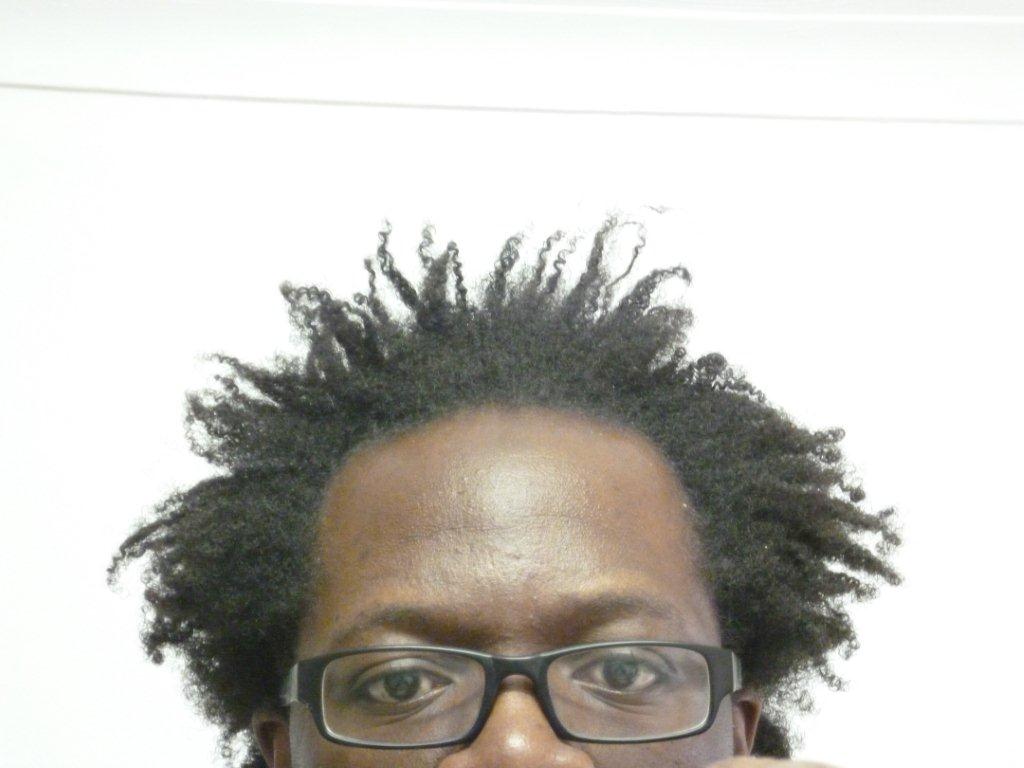
There has been an absence of political anger in contemporary Zimbabwean writing, justifiable “Marechera-kind-of-anger.”
BookWorm
Our writers have been timid and soft. If anything, post-2000 writing has been a catalogue of NGO themes — poverty, cholera, violence, desperation, corruption. Nothing more. Zimbabwean writers today, whether inside the system or not, have been turned into literary activists.
And the asymmetries of power that shape relations between the West and the rest of the world also do exist in the realm of literary creation and criticism.
This is particularly evident in the gap between those writers who write while living in the country and those who write and live abroad. For some reason, the diaspora writer gets more recognition and plaudits for writing the Zimbabwean story.
Only Chenjerai Hove has been continuously twittering his disapproval of the prevailing political system from his self-imposed exile. Others have branded him a coward.
And that is wrong. I object to this attempt to delegitimise a writer’s literary achievements through selective reference to his political choices. Right or wrong, Hove has been the most politically committed writer of his generation, with an imaginative reach that extends beyond other Zimbabwean writers.
Our recent past is full of diverse examples of writers — Wilson Katiyo, Dambudzo Marechera, Charles Mungoshi, Stanley Nyamfukudza, Stanlake Samkange — who have conducted their arguments with the political arrangements through their art in subtle, oblique ways.
- Chamisa under fire over US$120K donation
- Mavhunga puts DeMbare into Chibuku quarterfinals
- Pension funds bet on Cabora Bassa oilfields
- Councils defy govt fire tender directive
Keep Reading
They didn’t always have the licence to make bold pronouncements about freedom, democracy and liberalism, but they exerted another kind of moral authority through their work. Colonial Rhodesia was aware of the imaginative power these men of letters exerted in the black community and the diaspora.
The younger generation has chosen not to learn from the masters. The post-2000 literature is full of noise — megaphone writing that is noisy and irritating and very often echoing political rhetoric. For a writer, it should not necessarily be which party you belong to but your biggest constituency is the people.
There is more to learn from Mungoshi — the master of subtlety. His short story, The Accident resulted in the ban of his book, Coming of the Dry Season for its clever references to the brutal Rhodesian Police Force.
Sadly, Zimbabwean writers are still expected to work within the confines of nationalist assumptions and this is passionately advocated for by reviewers in The Patriot whose reading of literature is nothing but highly political.
Or the kind of literature that is openly advocated for by the dare convened by Vimbai Chivaura and his peers on ZTV. Interestingly, everyone else is wrong but them.
Younger writers are not exactly known for their outspokenness, which is quite surprising. Of course, no one is obliged to take a position on the urgent issues of the day, but there are times when our impoverished public sphere could do with some occasional assertions of literary and moral authority. This is why the “war” generation hold a unique place in our hearts.
I guess I am nostalgic for a time when writers were public moralists, historians, and the conscience of the black majority that were repressed by a tiny white minority. We do have some writers and critics claiming to be public moralists, but they have actually been more jingoistic.
The nostalgia is really hard to avoid also because we have so few unaffiliated public intellectuals now — people who are not beholden to the party, a sponsoring NGO, or a dubiously mediocre academic department.
In fact, Zimbabwe has seen an institutionalised conservatism in the mainstream media since the late 1990s, and a general de-politicisation disguised through strident partisanship or NGO activism.
It’s only in recent years with younger writers like Brian Chikwava, Petina Gappah, Tendai Huchu and NoViolet Bulawayo and others that some of those older traditions of Zimbabwean dissent have been revitalised through articulate craftsmanship and clever plotting that is not weighed down by the message. Zimbabwe is no doubt a country of message writers because most of the writings derive their strength from the force of the message to the extent that the message becomes the story or the poem.
A Zimbabwean writer today cannot plausibly claim ignorance of our society’s manifold connections with the wider world. In some ways, this is what is at the core of NoViolet Bulawayo’s success — the interconnected experience of home and life abroad, this is what makes her writing in We Need New Names relatable to everyone.
If this is the direction Zimbabwean literature is taking, the future is bright.











